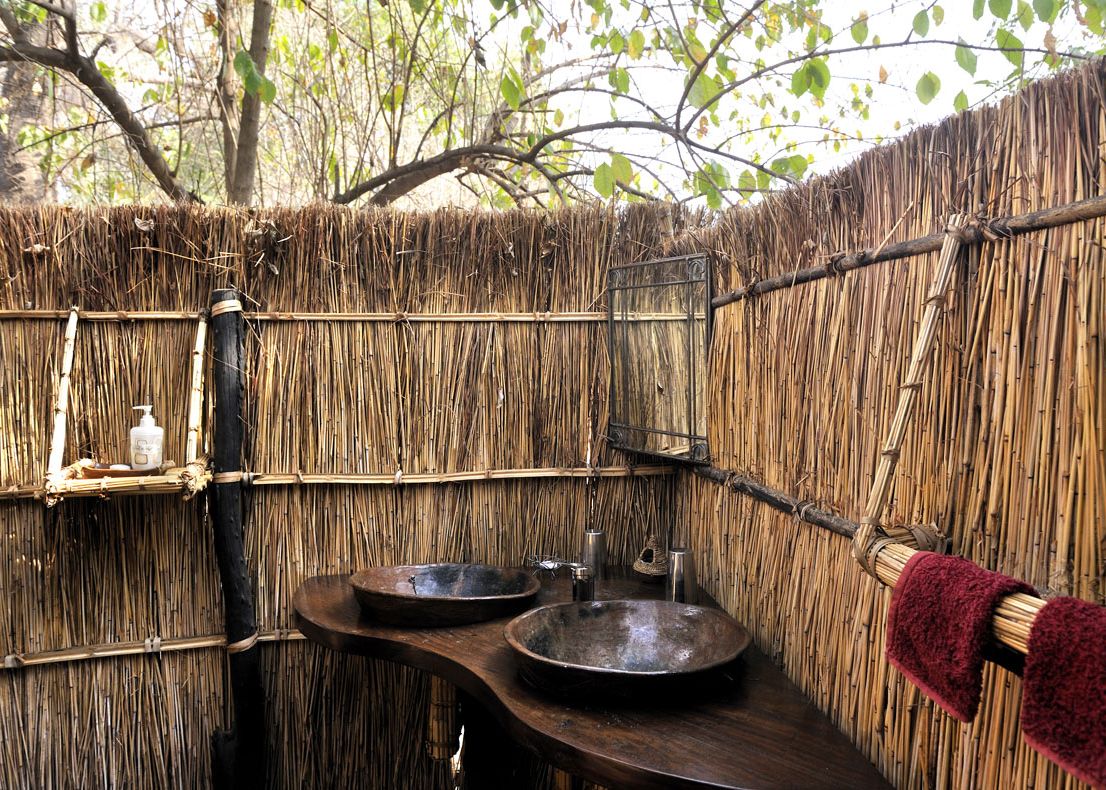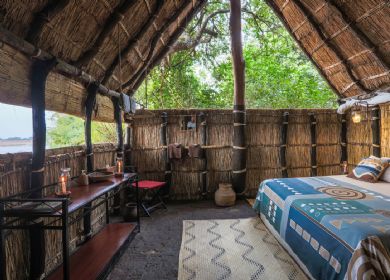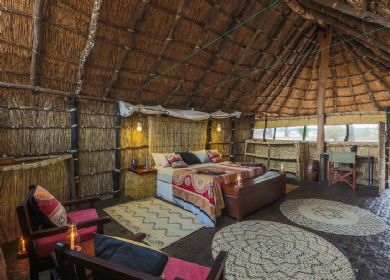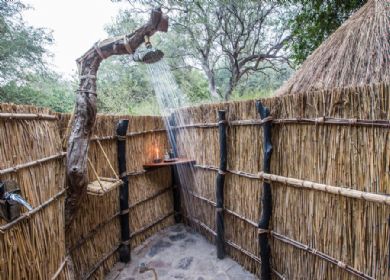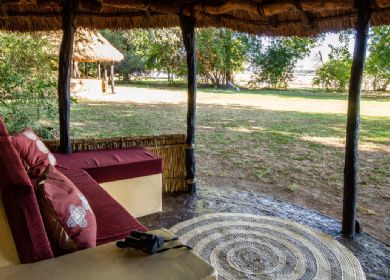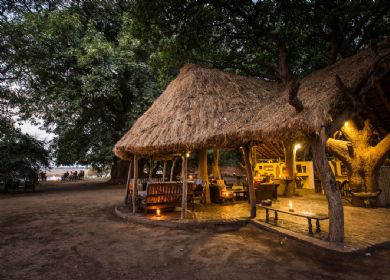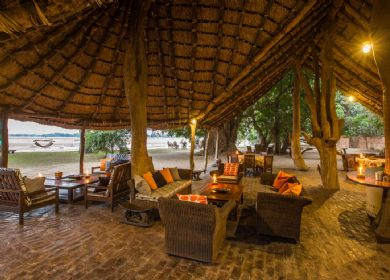
MALARIA AREA
This is a malaria area so we advise that you consult your physician before travel, most travellers take prophylactics before and during their holiday.
CURRENCY
- Visa/Master Card (with 5.5% charge) at Tafika Camp only
- USD cash is the currency of preference
- USD notes must be new with big heads (older notes not accepted by Zambian banks due to high incidence of counterfeit money)
VISAS
- Required for most passports. View the following website with the latest visa information online: https://www.zambiaimmigration.gov.zm/
- Single Zambian Entrance Visa is $50 per person and it is payable upon entry.
AIRPORT MEET & GREET SERVICE
- A complimentary M&G service may be booked for Remote Africa guests staying 3 nights or more in any of our camps (between 1 June – 31 October)
FLYING WITHIN ZAMBIA
- Mfuwe International Airport has customs and immigration facilities making access to Malawi (Likoma) and Zimbabwe more convenient
- Luggage allowance on small charter aircrafts is 15kg + 5kg hand luggage per person (domestic flights normally 23kg per person), soft bags – this includes camera equipment
- Flight reservations can only be made for confirmed bookings
- Cancellation charges and flight restrictions will be advised at time of booking
- Discounts for children under 12yrs may apply on some scheduled services
- Airport taxes paid on departure only
DEPARTURE TAXES
Airport departure taxes are payable in USD, at present they are:
- $40 for international departures
- $16 for domestic departures (not applicable in Mfuwe for passengers having flown in on Proflight)
NOTE: some airlines fees include taxes. Taxes are subject to change.
TIPPING
Tipping is not obligatory in Zambia but it is customary for good service.
Travel Light but don’t forget the following
GUIDE BOOKS
We have a reasonable collection of guide books in the camp but if you’d like your own consider the following:
- Beat About the Bush – Trevor Barnaby
- Signs of the Wild – Clive Walker
- Field Guide to Animal Tracks of Southern Africa – Louis Liebenberg
- Birds of Africa South of the Sahara OR the Roberts Birds app.
CLOTHING
- Laundry is done daily in all the camps so travel light
- See our Luangwa Seasons section for expected weather for clothing preferences
- Neutral (brown/tan) coloured clothing for walking safaris (nothing white or bright)
- Comfortable light-weight walking shoes
- Hat / cap
GREAT TO HAVE
- Binoculars
- Camera (with spare batteries and memory cards)
- Sunscreen
- Insect repellent (mainly for mosquitoes)
- Torch (with spare batteries)
For easy online shopping of safari goods visit “The Safari Store” at www.safari-store.co.uk.
Sometimes.
There are two distinct seasons that are experienced in the Luangwa Valley. Temperatures during these seasons vary from lows of 10°C, in June and July, to highs of 40°C, in October.
- The Dry season, from May to November
- The Emerald season, from December to April.
Even during the coldest period the days remain warm, sunny and perfect for all safari related activities. The late dry season is the warmest period and makes for the best game viewing, as all outlying water dries up and forces the game towards the riverine belt. While the emerald season, which can start as early as the end of October and typically draws to a close at the end of March, sees an impressive 700mm to 900mm of rain.
Rare but always welcome showers may also be experienced in April and May. The Emerald season boast spectacular and dramatic thunderstorms, ones that could give the best firework displays a run for their money!
For a full seasons break down see the Luangwa Valley seasonal information.


Mokoro excursions
Night game drives
Walking safaris






